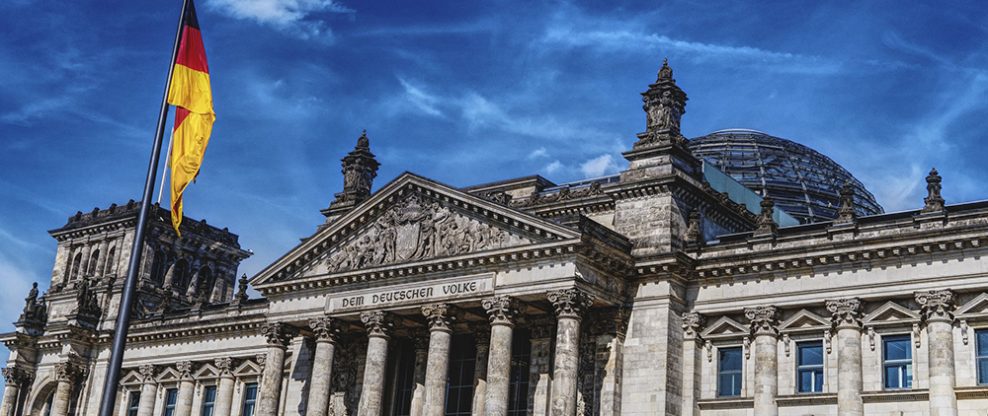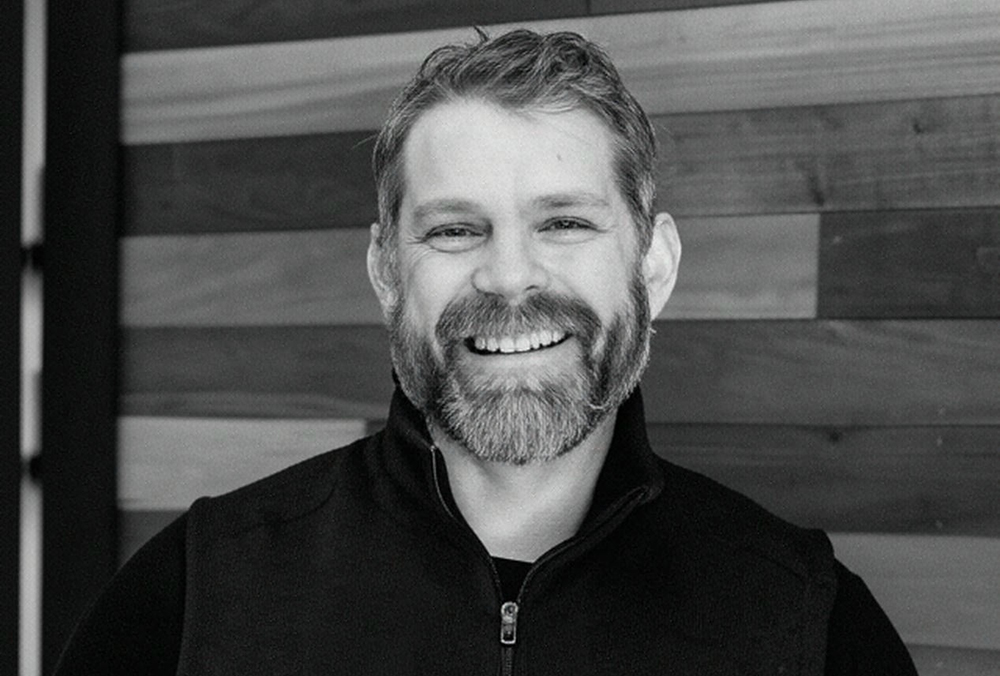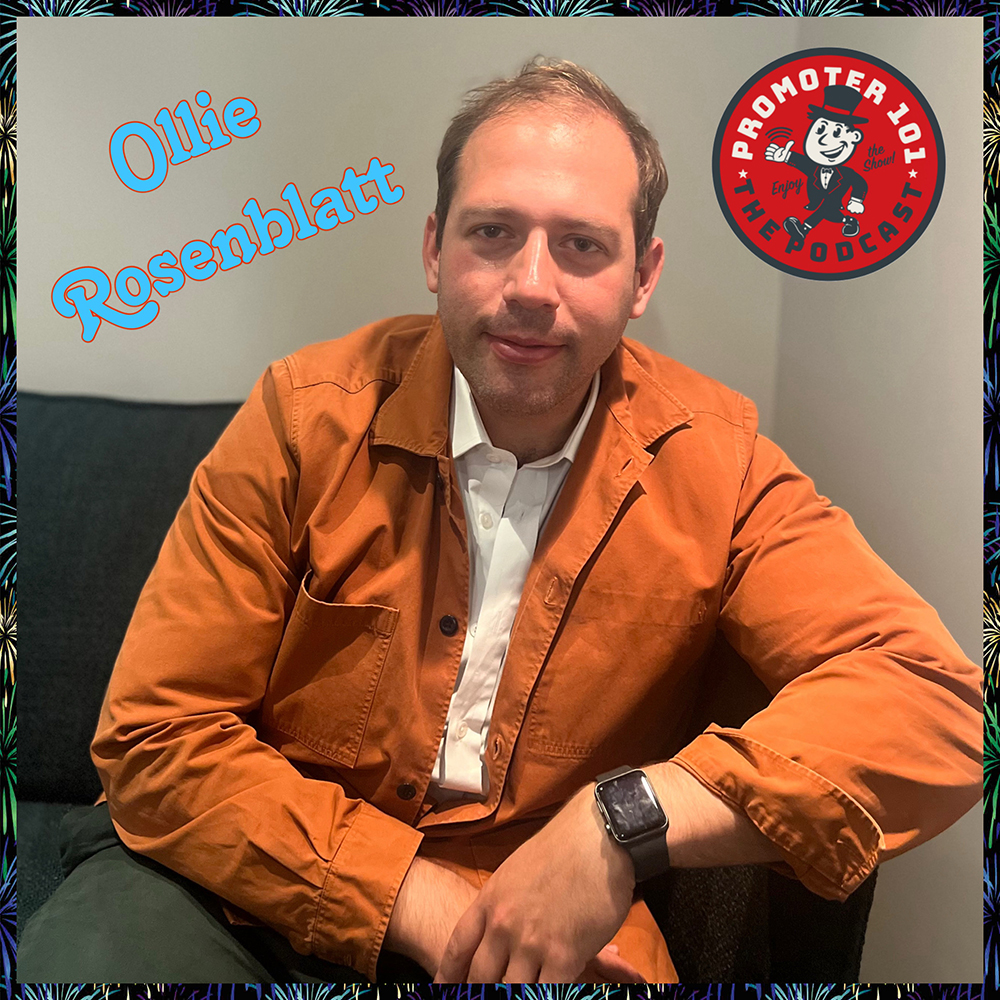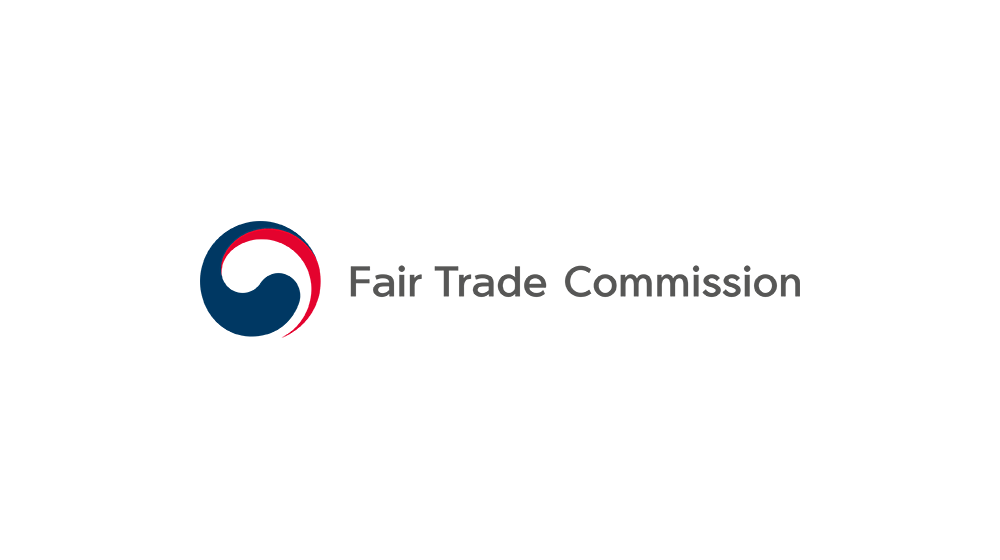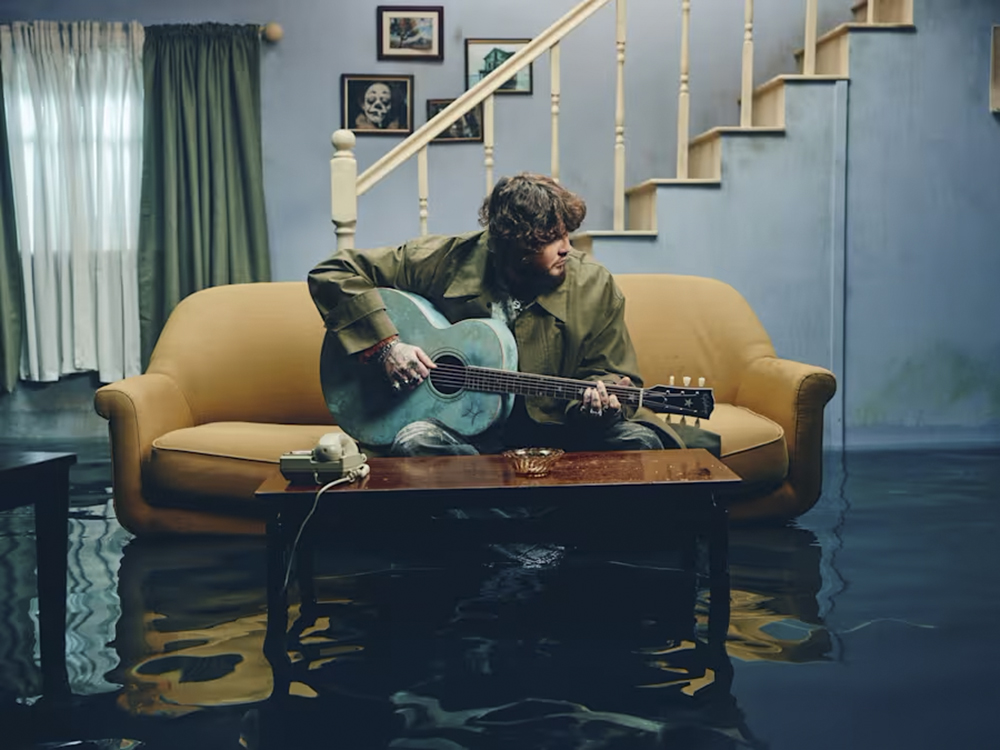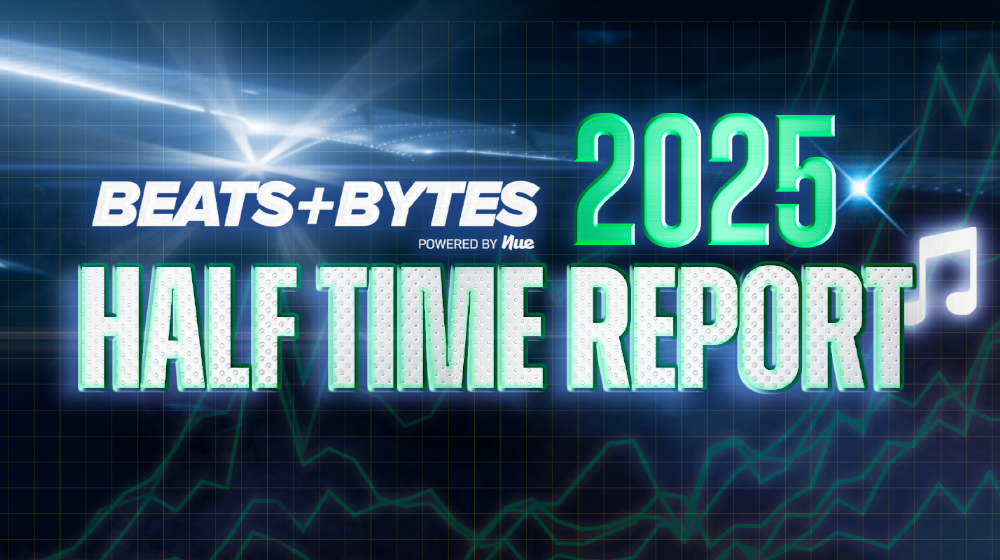(Hypebot) — In response to the latest encroachment on artists’ rights, German artists are speaking out against the German government in response to the country’s wildly unpopular (at least among musicians) new copyright law.
Guest post from The Trichordist
More than 1100 artists tell the German government: “The horror has no end”
For years we have seen massive encroachments on our artistic freedoms in favor of globally operating digital corporations. This anti-artist prioritization is also reflected in the federal government’s current draft law on the new copyright law.
As early as November 26, 2020, 657 musicians and bands made an appeal, “Do not play copyright against us!” to politicians. That paper disappeared into the drawers and the required respect for our artistic work failed to materialize. Instead, there are regular expert hearings with supposedly network experts, not with artists. From their ideological ivory tower they spin out unrealistic censorship scenarios and create the impression that the network is currently “free” and that the deluge of “upload filters” would only be imminent with the implementation of the European Copyright Directive.

We artists are familiar with platform uses because it is our day-to-day business. We know the problems of over- and underblocking firsthand. As a direct target group of global censorship efforts, we are sensitive to the protection of freedom of expression and artistic freedom. For us it is a slap in the face when network activists hijack the freedom narrative with slogans and catchphrases, argue against platform regulation as in the Copyright Directive and thus gain a greater influence than these global corporations already have.
In 2019, we were stunned to see how the SPD voted against the Copyright Directive. We are stunned to see how the SPD-led Federal Ministry of Justice undermines the European compromise. The federal government sent the draft law to the Bundestag [the German federal parliament] almost unchanged – regardless of our ongoing protests and regardless of all our explanations as to why the “Copyright Service Provider Act” in particular is largely unsuitable for practical use. We recognize in the German draft law the intention to thwart individual copyright claims as well as put real license agreements on an equal footing. Instead of creating a level playing field for our existing licensing market, the German special route restricts it to the maximum with the argument of freedom, of all things. Business models of global upload platforms are protected for the purpose of maximum availability of our plants, while our sales channels are torpedoed with a shrug.
Only the Federal Council takes our concerns about expected collateral damage seriously :
“The Federal Council reminds that copyright law is very often the economic basis for cultural and creative workers and the ability to refinance content is one of the essential foundations for media diversity. It therefore asks that, in the further legislative process, a comprehensive check is made as to whether the draft law as a whole exists The revenue and business models of authors and other rights holders in all affected industries (especially music, film, audiovisual, radio, book and press) are disproportionately impaired. […] The Federal Council points out that the effects of the copyright service provider Law on the German copyright market cannot be adequately assessed at the present time.Copyright Service Provider Act) affects various conflicting interests and has sparked a controversial discussion. Numerous critical voices from various business associations can also be found among them. In view of the largely understandable objections, it is proposed that the passage of the law be subject to the evaluation of its effects on the German copyright market at an appropriate interval. Due to the diversity of copyright-based markets such as the cultural and creative industries, it is important to check whether the regulations are appropriate and practicable and whether they actually lead to the intended balancing of interests. “
For all of us, Peter Maffay recently positioned himself in the Süddeutsche Zeitung and brought the problem to the point. He calls for uniform European regulations, the abolition of the – purely German – 15 seconds rule and the responsibility of the upload platforms for the uses that take place there.
The protection of our rights in the digital space is more urgent than ever for many with the measures taken in the corona pandemic and the accompanying existential threat. Upload platforms that generate considerable profits with our works must finally be effectively held responsible and liable. You may not be relieved by the factual reversal of the license responsibility, e.g. by the cumbersome and only subject to considerable legal consequences that can be challenged. The arbitrary and ironically called “minor use” presumption rules on “legally permitted uses” of non-licensed (!) works are a gateway for systematic copyright infringements, in particular our exclusive right to sole exploitation, but also our moral rights.
We want to continue licensing and retain individual control over our work. The European Copyright Directive takes the pressure off non-commercial uploaders and strengthens our ability to enforce law by making upload platforms responsible for ensuring that there is no need to do anything in the few but painful cases of harmful copyright infringements. It is intolerable that our moral right is now being sacrificed on the altar of supposed consumer protection just because those responsible refuse to give up on dubious and untenable promises of an Internet without a filter.
Filters are only necessary where works have expressly not been licensed. It is reasonable that in these cases the presence of a barrier has to be checked in case of doubt. The consolation of a new collecting society does not help us – especially since it is not certain how much and when and on what accounting basis we will receive our investments.
Copyright is our commercial and labor law. We therefore expect from the members of the Bundestag and especially the members of the Legal Affairs Committee:
· The withdrawal of the quantitative presumption rules for legally permitted uses.
· Maintaining the protection of melodies enshrined in copyright law for decades, regardless of the length of the melody.
The withdrawal of the restrictions on direct licensing by indirect rights holders and the compulsory remuneration through collecting societies despite existing licensing and distribution chains.
· A complete, unrestricted right to information about uses of which the platforms can gain knowledge with a reasonable effort.
· A regulation of the pastiche barrier, which excludes a self-evident subsumability of remixes and sampling.
We see with concern that the time for an expert healing of the failed Copyright Service Provider Law (UrhDaG) is running out and that even proponents of the bill only approve of individual aspects. The implementation of the other necessary aspects of the Copyright Directive should not suffer from this. A subsequent adoption of the UrhDaG and a temporary loophole will affect our work less than a non-practical special zone knitted with a hot needle.
For us and our professional future, the vote on the draft law is the decision in the election year 2021. We therefore call on all members of the Bundestag again not to interfere with our constitutionally protected intellectual property and not to use our copyright against us!
No incapacitation of the artists! No expropriation of the artists! No special German way!

